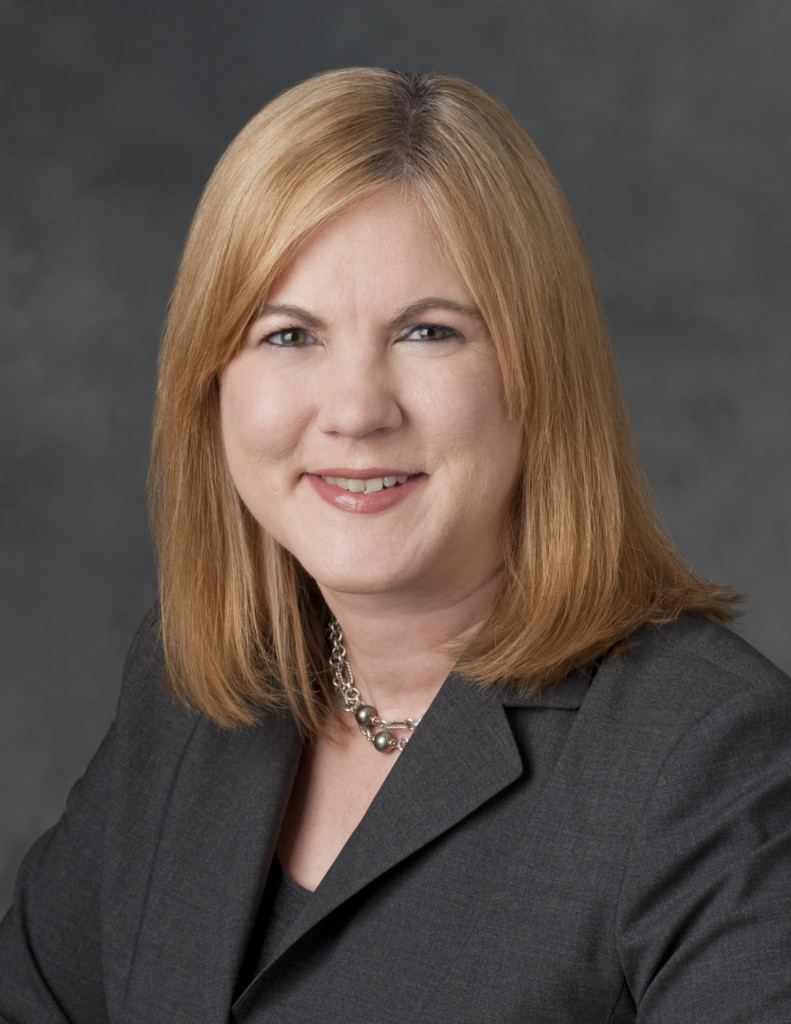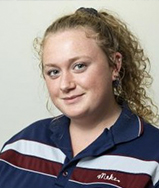Red Cross Board Member Jill Schaaf says she’s “hooked” on seeing just how far a little, or a lot, of good can go. At the time of her retirement in 2016, Schaaf was the CVP, President of Renal at Baxter Healthcare. Now, after a prolific career in healthcare, she continues to make a big impact through her work with the American Red Cross and by extension its Tiffany Circle — where members who “really support the mission can give back as they look for ways to support the community.”

Schaaf — a graduate of Notre Dame and Washington University in St. Louis — has long been sought after for her expertise. She left the Searle Company and joined Baxter in 2001, after being headhunted by a former colleague. In another career move, she “turned an organization that was underperforming into one that was overachieving its numbers year in and year out.”
Better spoke with Schaaf to discuss her opportunity-driven career, her attachment to the Red Cross and why voicing our beliefs matters.
Better: Having worked within the healthcare field throughout your career, do you think that put a lens on how you navigate the world?
Jill Schaaf: When I was in undergrad, I actually had wanted to go to medical school — I thought that’s what I wanted to do. So I went to Notre Dame undergrad, and they have something called a Preprofessional Studies Degree, which is really a pre-med degree; I was a Psychology Preprofessional Studies. I was in my senior year and I’d been speaking to a lot of physicians, and I wasn’t really sure I wanted to sign up for four more years of school plus residency, fellowship, et cetera.
So I said, “Why don’t I just go out in sales?” Because of my interest in science and my interest in psychology, I thought sales would be a good opportunity for me. So I decided not to go to medical school. I said, “Why don’t I work for a year?” But after a year of working, I decided I did want to go back to school. I think that influence and my interest in science … and business really led me to have a career in the whole healthcare field.
I really enjoyed trying to improve patients’ lives. When I was at Baxter, our whole mission was to save and sustain lives given the portfolio of products that we had. I was asked to be on the Board at the Red Cross as the Baxter representative initially in 2012. And even in my background: taking CPR when I was in elementary school and taking the certification for being a lifeguard when I was a teenager, all that — I’d had that introduction to the Red Cross.
When I was asked to be on the board in 2012, I couldn’t think of a better organization to marry the mission that we had at Baxter and what we were trying to accomplish — to save and sustain lives.
What other programs, initiatives or people at the Red Cross drove you to keep being a part of the organization?
Fran Edwardson was the CEO at the time [I joined the Red Cross], she asked me to be a part of the board. And then Scott Falk — I think he might have been a board chair at the time — he was one of the other board members that asked me to join. When I thought of Fran’s career working at United Airlines and retiring from that and deciding she wanted to serve at the Red Cross, and then the devotion that Scott Falk had to the organization while he was an attorney at Kirkland & Ellis, the passion that he had around the Red Cross.
Both of those people influenced me in saying, “Yes” to begin with, but then also taking an active role on the committees that you really need to if you aspire to be the Chair of the Board — which was something that we talked about very early on, Fran and I.
I really liked seeing what the Red Cross was doing, not only when you see all the big disasters but what they do every day in your local community. It was moving to me. And when I think about things that align with my personal values, as well as serving in the community and [giving] back — because I’ve been very fortunate with the opportunities I’ve had and the experiences that I’ve had. I really wanted to find that type of thing that fits nicely within who I am, too.
The other thing is when I was working for [Renal Care] at Baxter, I traveled all around the world and I got to see all different cultures and the challenges they have at the cultural level. The thing about the Red Cross, too, while it serves local, as I was working with the Red Cross I was seeing more and more how it had a global influence. Whether it be the measles program, vaccinating kids, [helping people] in Ukraine … it doesn’t matter what the conflict is, we’re neutral.
Just the reach and the breadth of the services that are offered was so impressive to me, and it’s one of the things that’s kind of kept me hooked.
In regards to your work with the Red Cross Tiffany Circle, what has that connection meant for your life?
The Tiffany Circle is a really fascinating organization. I kind of defaulted myself into it because what I was giving as my gift as a board member automatically gained me membership into the Tiffany Circle. Maybe the first couple of years, I wasn’t as attuned to it because I was still learning everything that we did as an organization.
Once I started to learn more about it, to me it was fascinating to see philanthropic women pull together with this common support of the mission of the Red Cross and say, “I want to ensure that the Red Cross mission can continue and that it’s an important enough organization to me that I, as a philanthropic woman, want to participate and support it.” It’s a unique organization, I think from that perspective it’s wholly tied to the mission — it’s all about serving the Red Cross.
When I went to the 10th anniversary meeting that they had in Washington, D.C., I met some of the most fascinating women from around the country who all are very accomplished and just love the mission of the Red Cross. They want to learn about it, they want to be a part of it and they want to tell their friends about it.
Almost to me, [the Tiffany Circle] is an extension of the board, but it’s also a way I will be able to stay connected to what’s going on at the Red Cross — once my board membership expires, because you’re only allowed a certain number of terms — and be on top of everything that’s happening, which is something you can do for a lifetime.
Throughout your career, from healthcare to instituting corporate DEI initiatives, what truly has compelled you?
I think for me, as a woman, when I first started my career, I was the only woman usually sitting at the table, right? I think you can achieve whatever you put your mind to, but it is going to take some perseverance to get there.
I think what framed it for me is that [Diversity, Equity and Inclusion] was something that, as the leader, I felt could make a big difference. It was met with a lot of resistance, actually, from my leadership team [at the time] which kind of surprised me because now everybody talks about it — it’s part of people’s culture. …
People that suffer from end-stage renal disease are disproportionately people of color. I began to [examine] what our field force looked like — it’s diversity of thought, experience and then, actually, how do we look like the customers we serve so we can do a better job at serving them?
But when I was trying to do it, people looked at me like, “Well, we haven’t done that” and “Why is it important to you?” With their resistance, I told them, “Look, at the end of the day … nothing will change if we don’t, let’s give it a try. … We don’t have anything to lose.” …
Because people that suffer from end-stage renal disease are disproportionately people of color, I began to [examine] what our field force looked like — it’s diversity of thought, experience and then, actually, how do we look like the customers we serve so we can do a better job at serving them?
Editor’s Note: This abridged interview was edited for length and clarity.
How to Help:
Support the ongoing, life-saving work of the Red Cross by donating today.

More from Better:
- Better Makers: Meals on Wheels’ Celebrity Chef Ball Raises Funds to Feed Thousands of Chicagoland Seniors
- The 2022 Better Guide to Giving in Chicago and Beyond
- Better Makers: Chicago International Film Festival Honors Filmmaking, Raises Nearly $35K for Cinema/Chicago

Margaret Smith is a Chicago-based writer and editor with a passion for socio-political storytelling about their community. They are a graduate of Columbia College Chicago.
